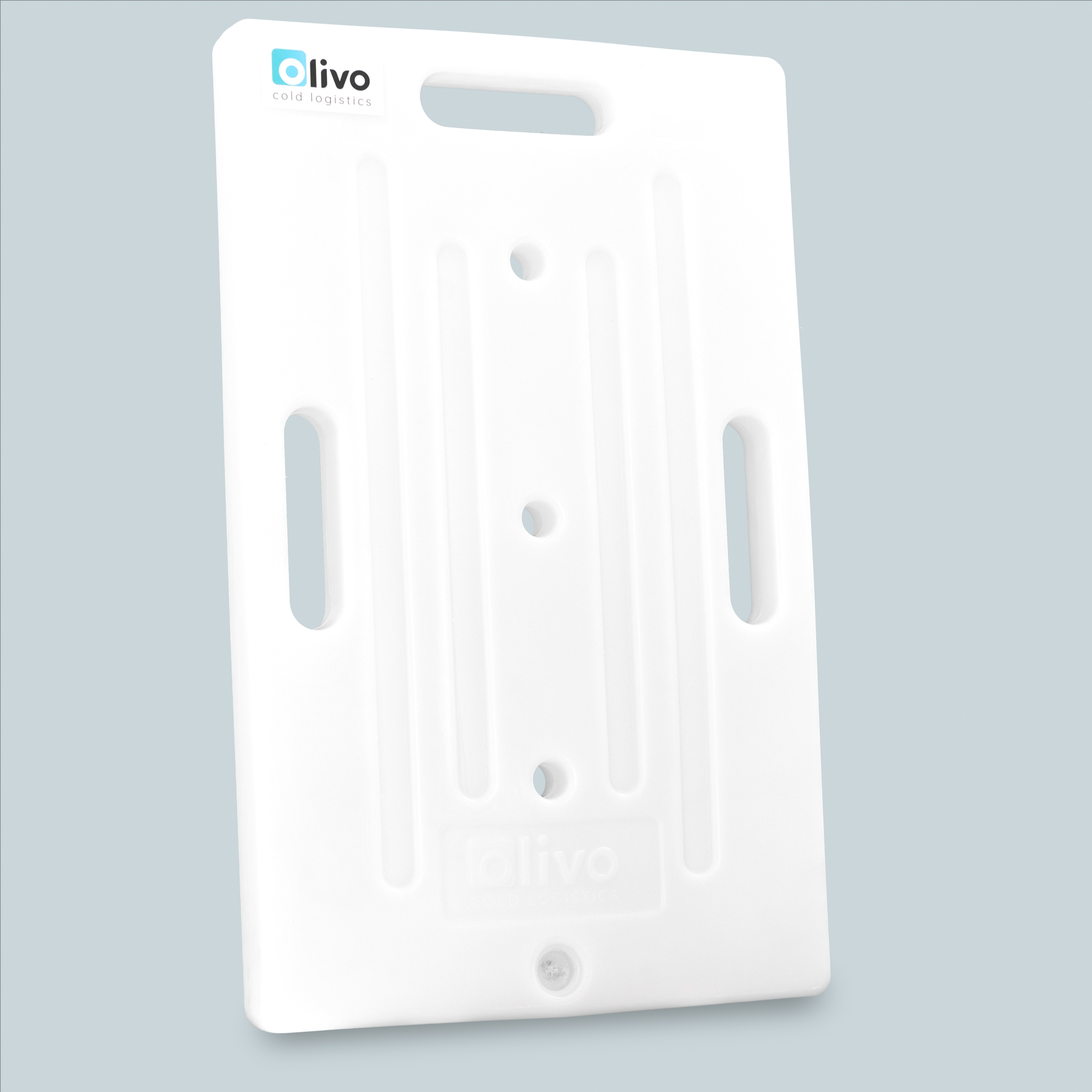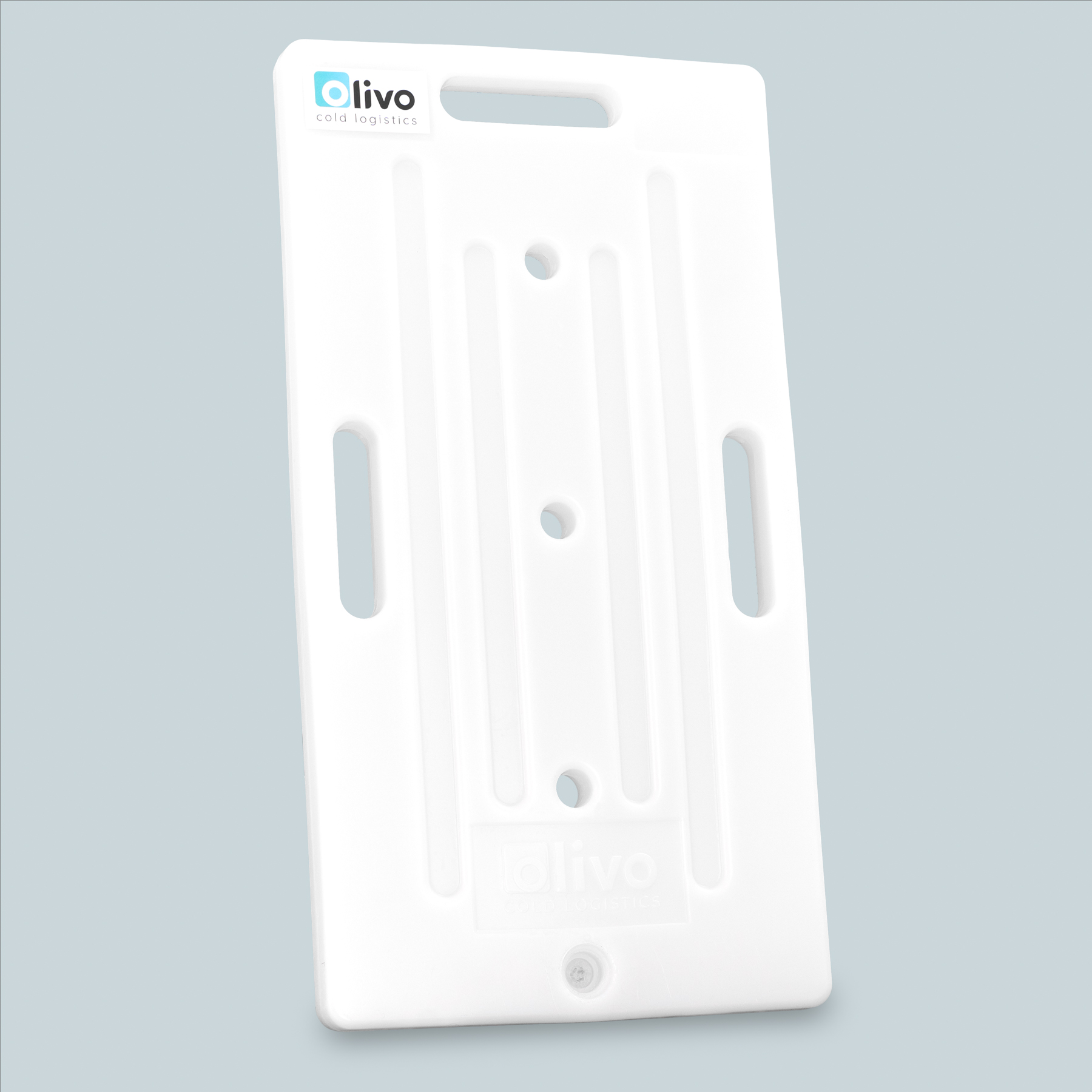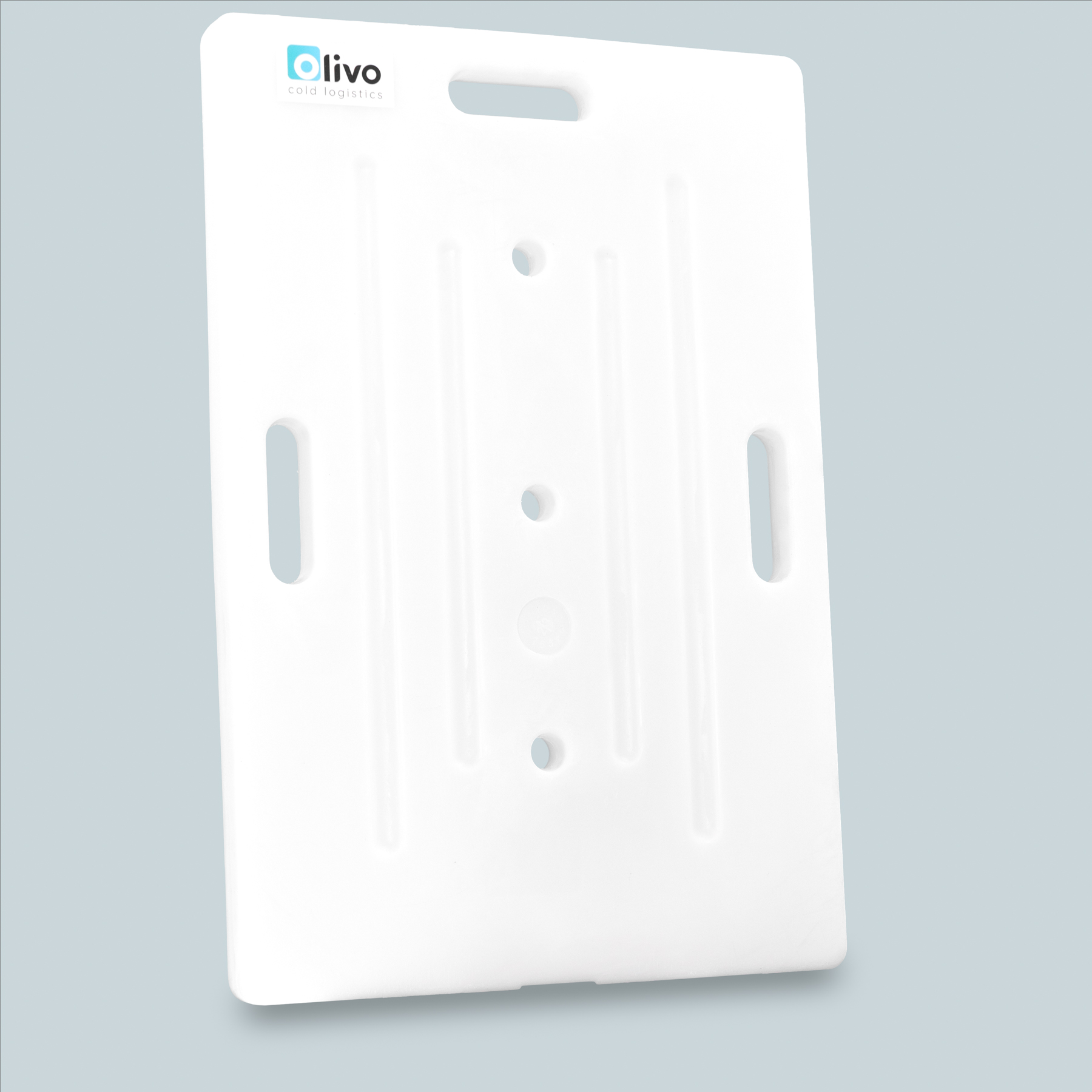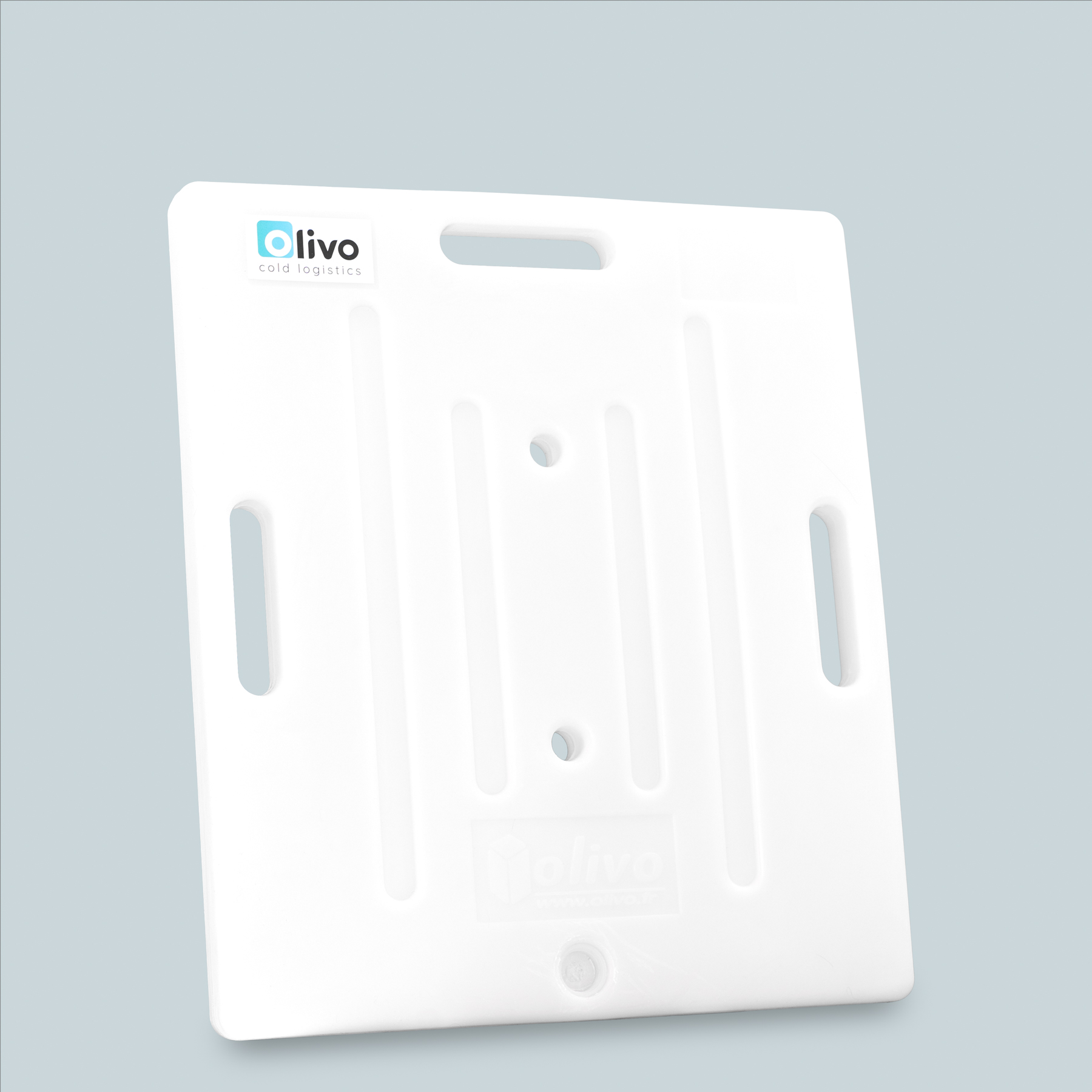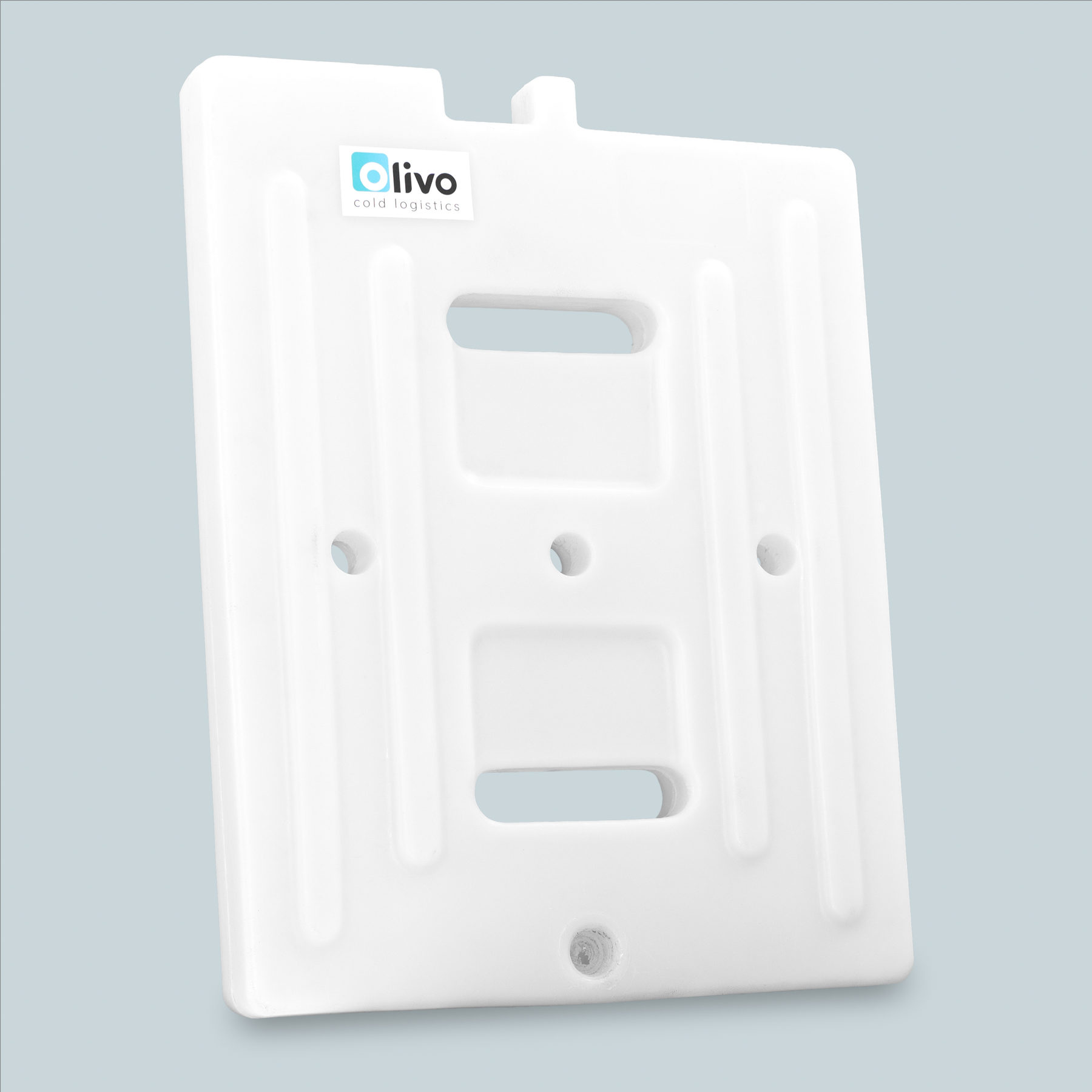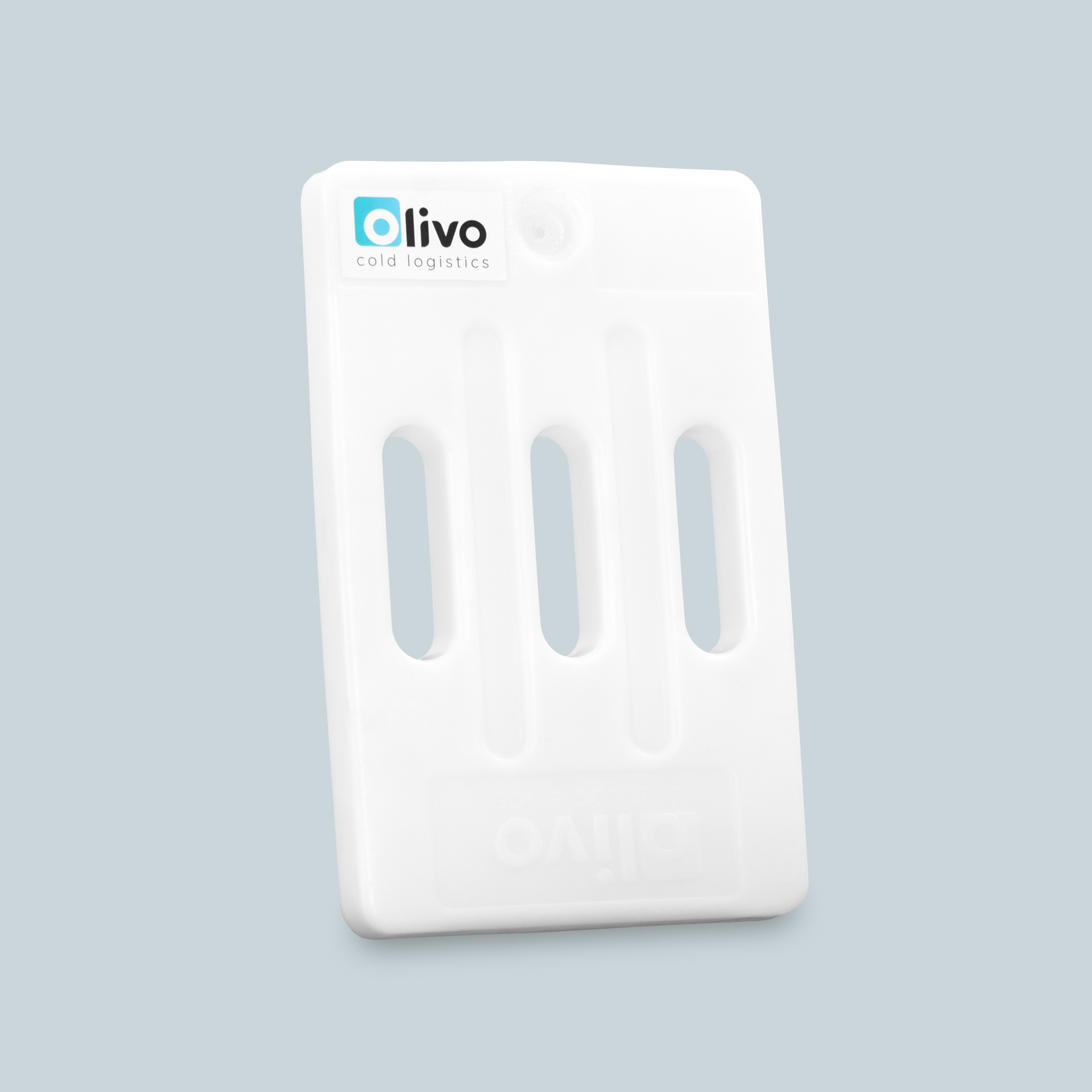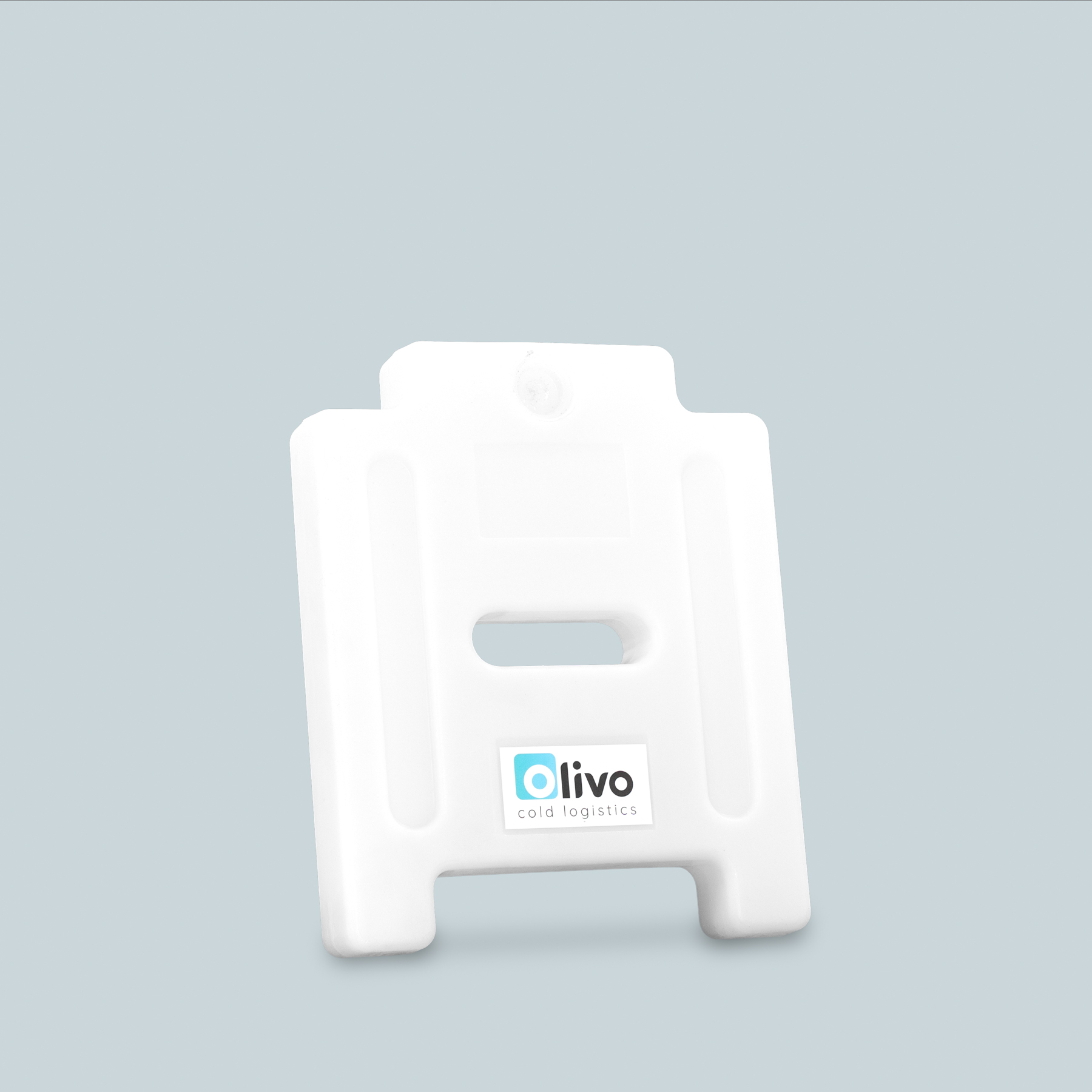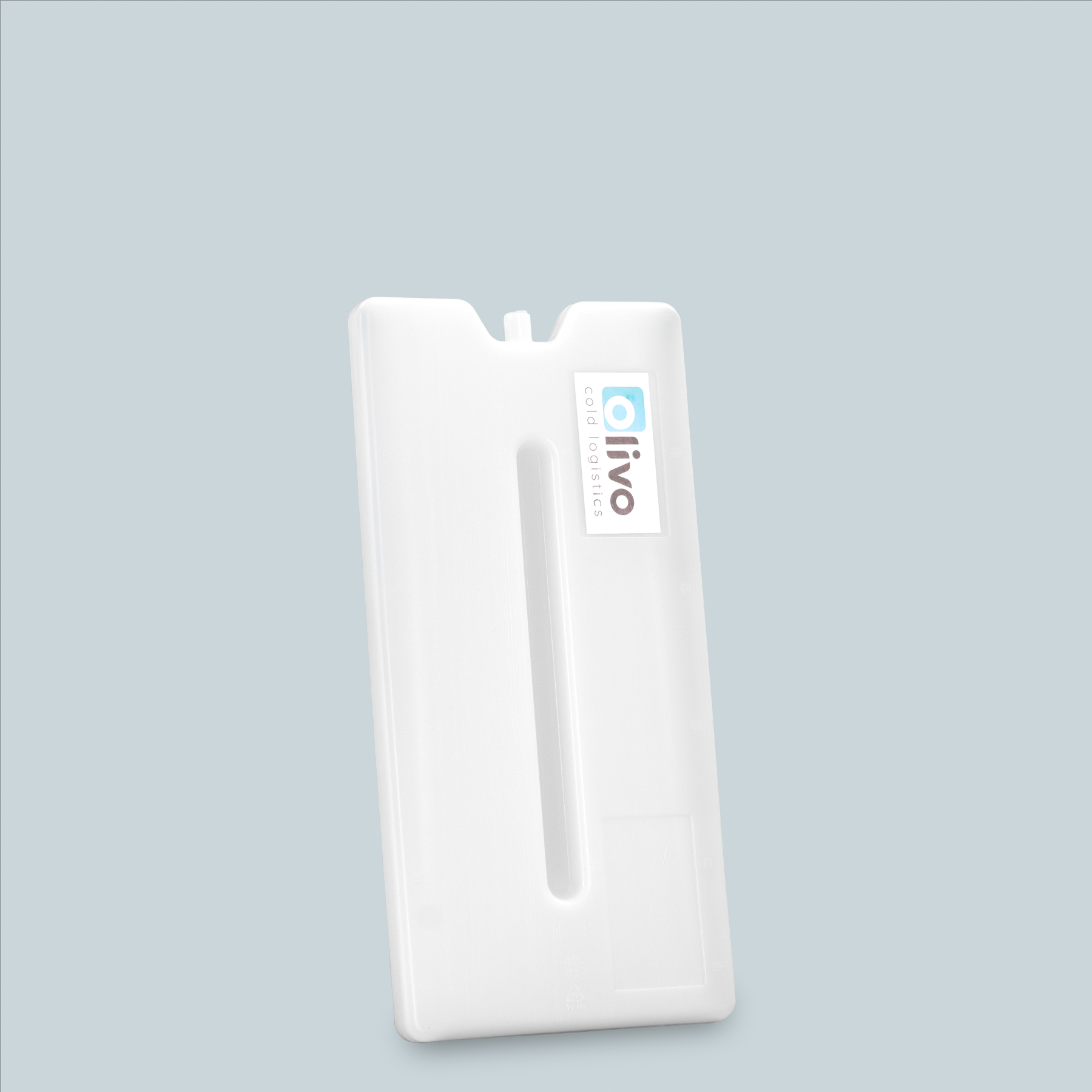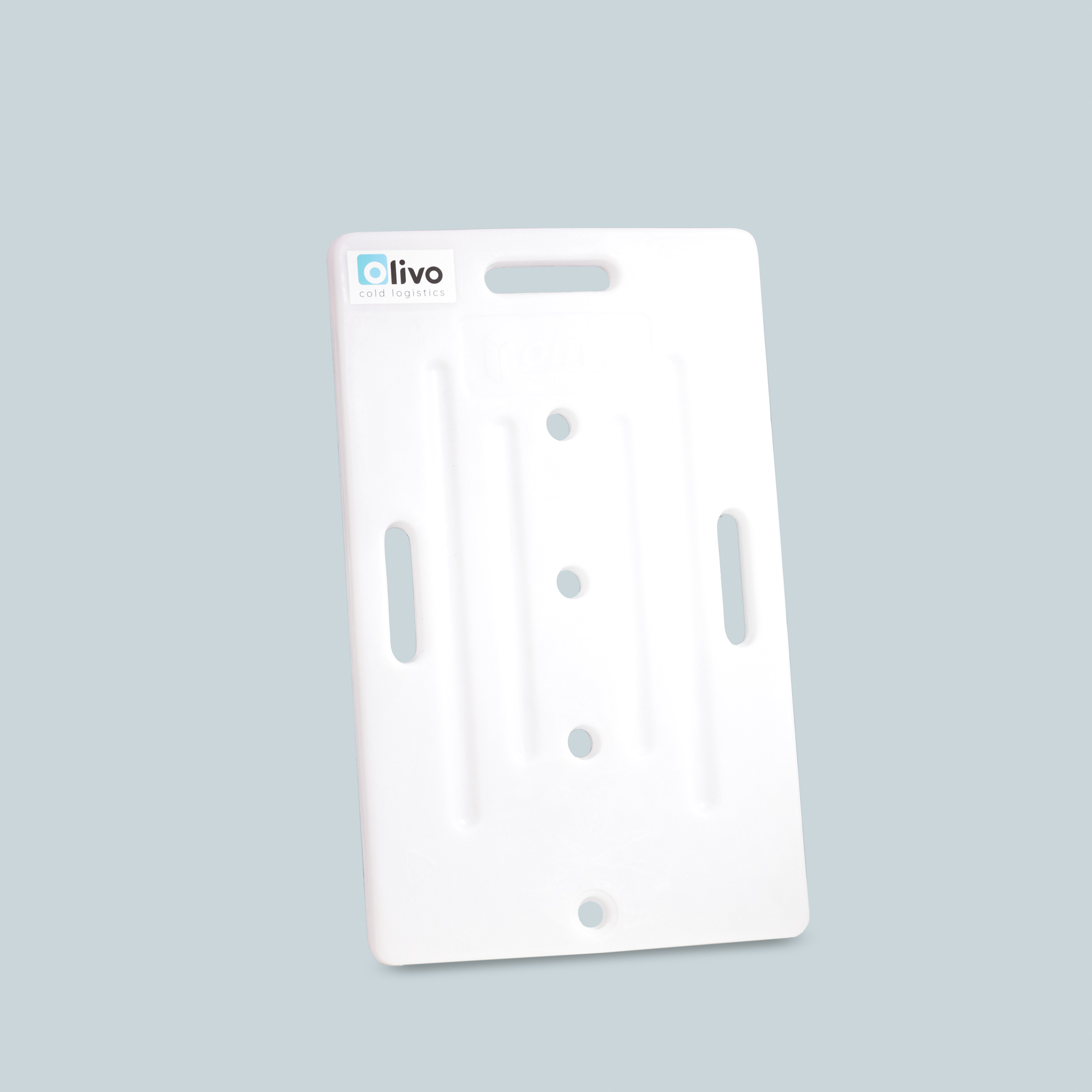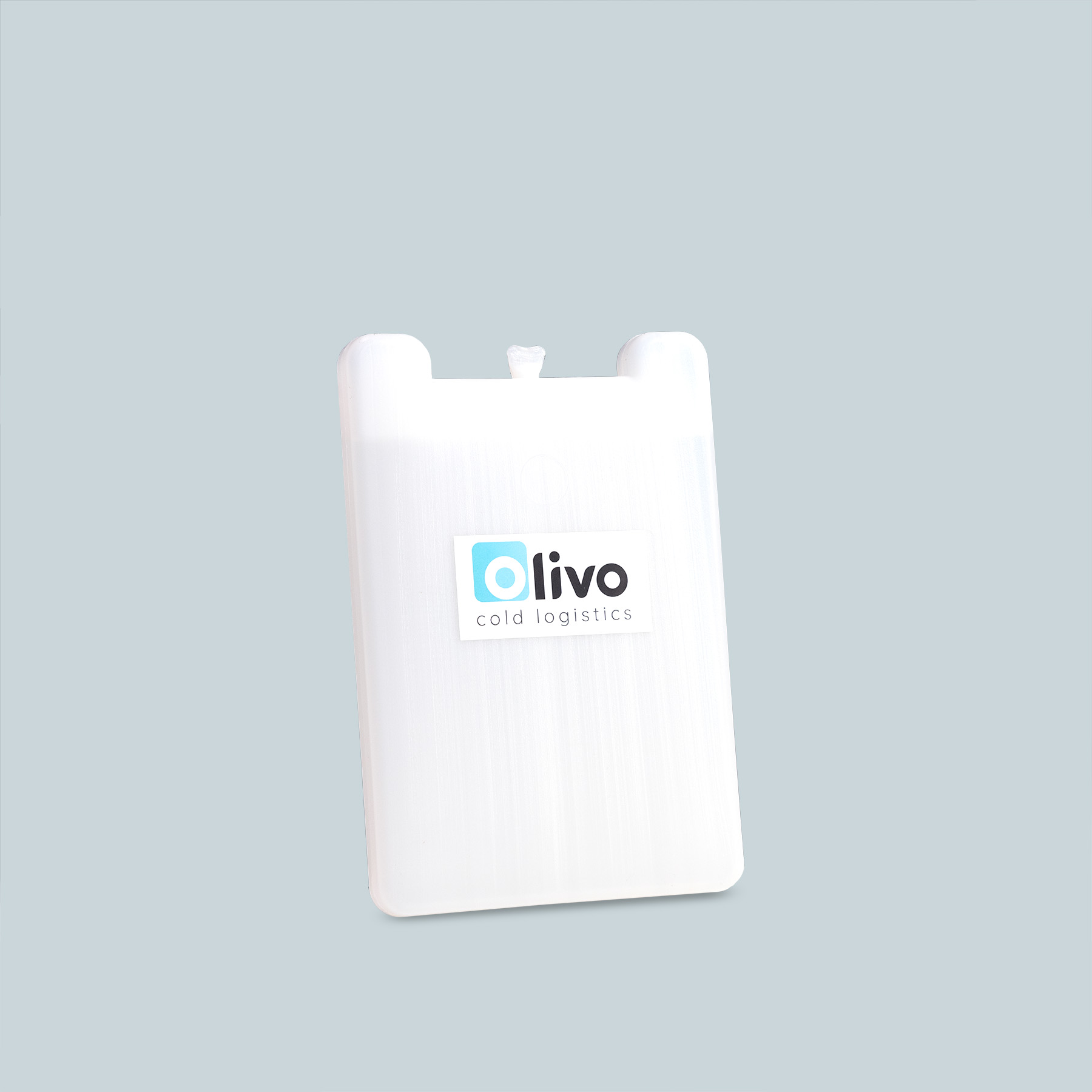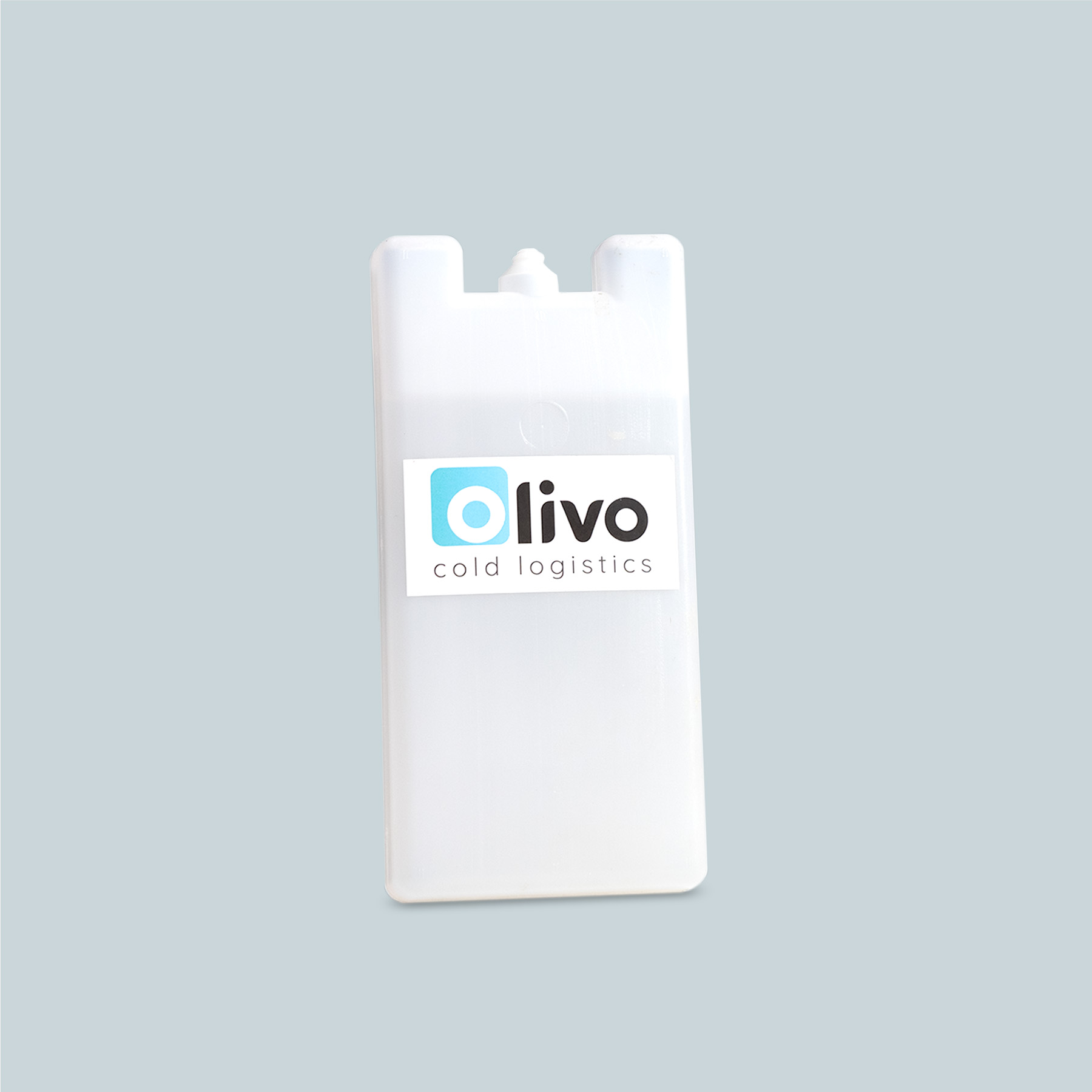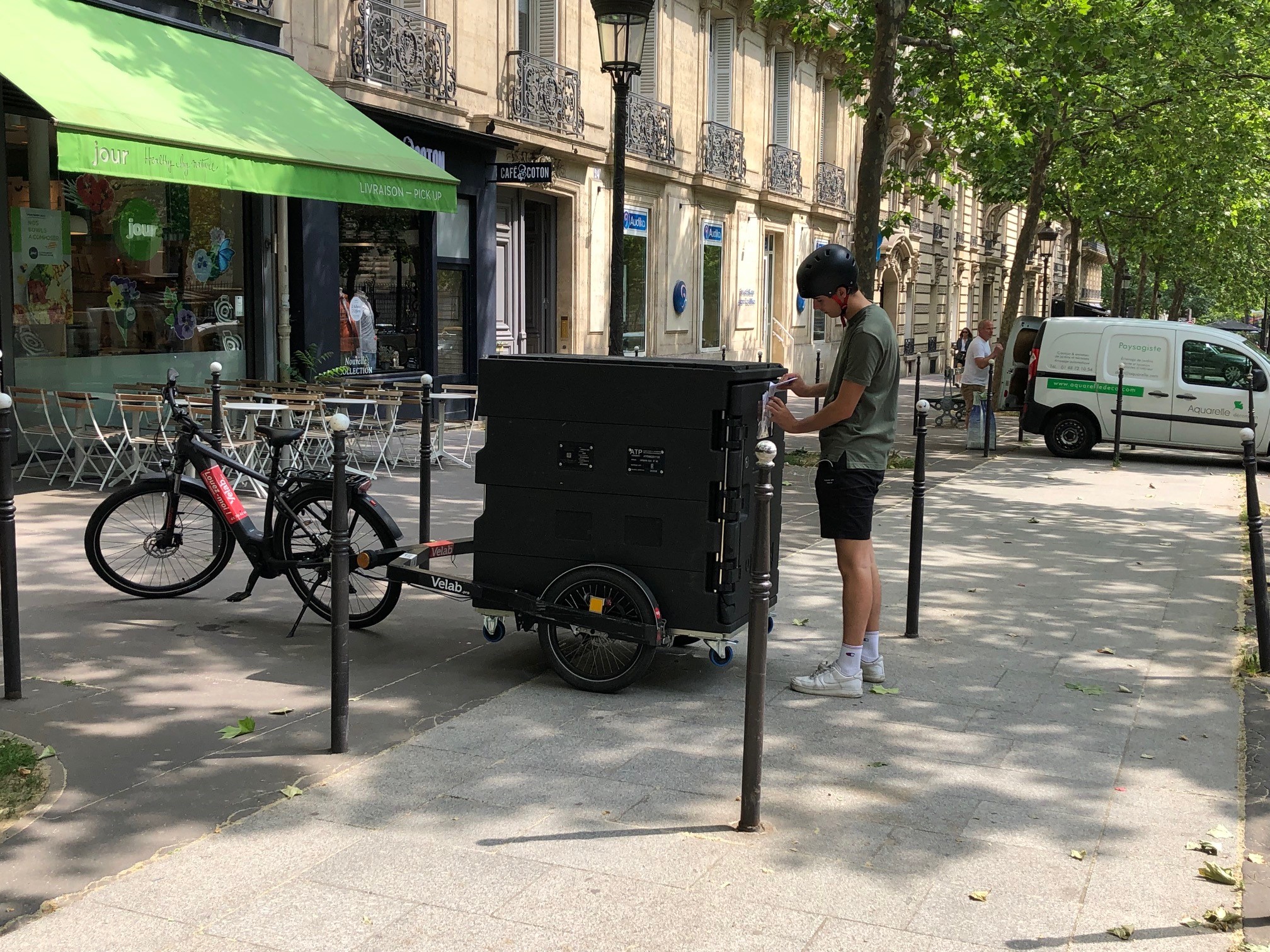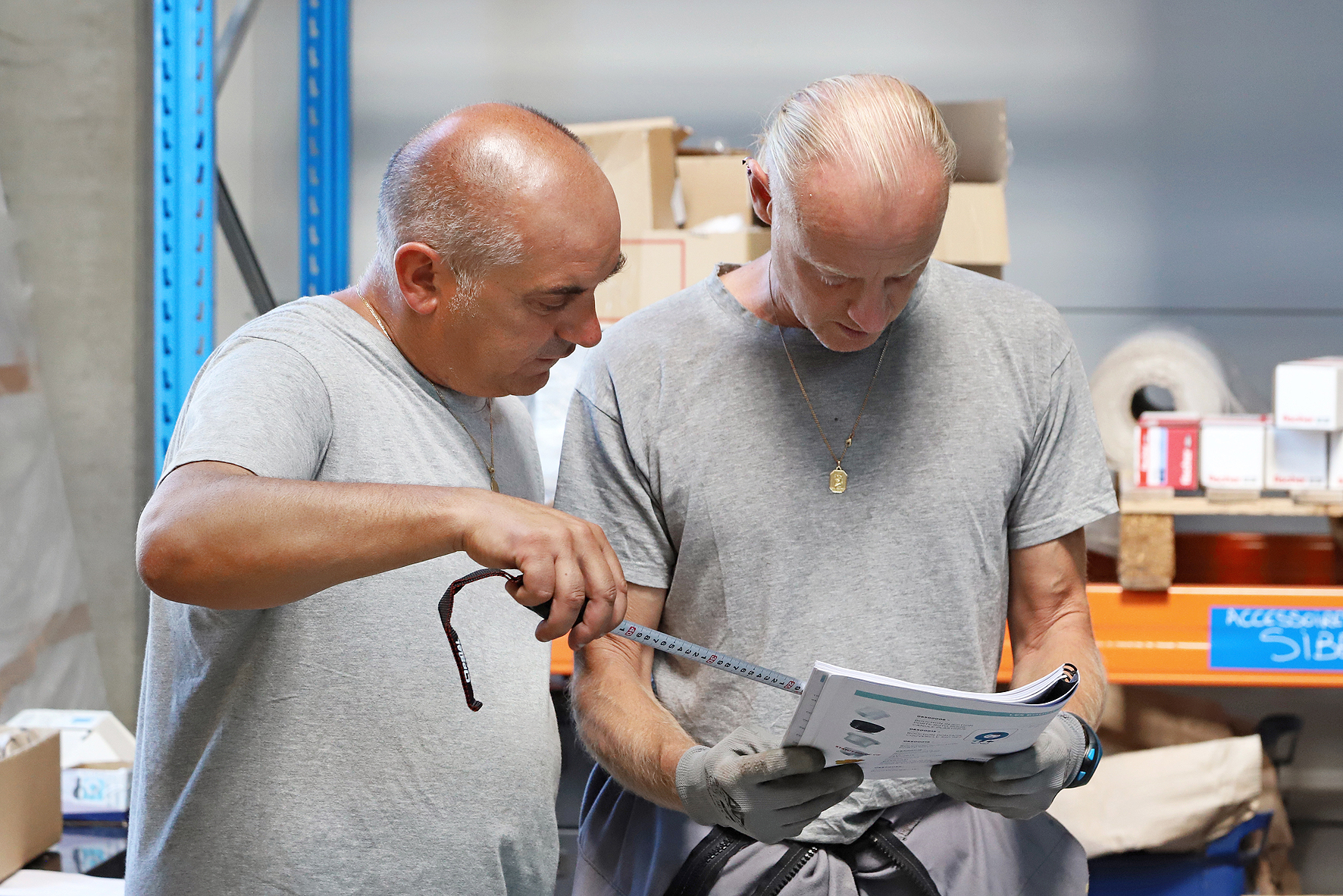Thermal balance
How does the thermal balance influence the efficiency of the cold chain?
The thermal balance is a quantitative assessment of the incoming and outgoing heat flows in a given system. It allows for the calculation of the total amount of heat absorbed by the system and the total amount of heat released by it. This calculation is crucial for understanding the energy efficiency of the system and ensuring the maintenance of temperature-sensitive products.
In cold chain logistics, where preserving temperature-sensitive products is essential, the thermal balance plays a particularly important role. It helps evaluate the effectiveness of insulated containers, refrigerated warehouses, and cooling systems used to transport and store products throughout the logistics chain.
Our range of eutectic plates

Thermal balance, frequently asked questions
-
Eutectic plates
What is eutectic plate used for ?
The eutectic plate is a device filled with an aqueous, saline solution and a food colouring. It absorbs heat input during transport and provides continuous cooling through the latent heat of fusion of the eutectic solution, which changes from a solid to a liquid state. Better suited to medium-sized logistics operations, the eutectic plate is a simple refrigeration system that maintains the temperature of products for 12 to 24 hours maximum.
-
Eutectic plates
What are the parameters that guarantee the effectiveness of a eutectic plate ?
How effective a eutectic plate is depends on several parameters, namely:
- The capacity of the eutectic solution: the choice of solution is decisive. It must be selected taking account of the temperature range required to maintain products at the target temperature. Each temperature range [+2°C/+4°C, +2°C/+8°C, +15°C/+25°C, etc.] has a specific application;
- The model of plate: the size and shape of the eutectic plate are two decisive factors as they are adapted to specific models of container;
- The container: good thermal insulation prevents the transfer of heat, thereby maximising the performance de the eutectic plate (temperature maintenance time);
- The method of preparation: the eutectic plate must be completely solid when it is used. It is as it liquefies that it releases the cold that keeps the products at the right temperature. For more details, you can download the protocol in the section Using eutectic plates;
-
Eutectic plates
How does a eutectic plate work ?
A eutectic plate is a device designed to store thermal energy, in the form of heat or cold, and then to release it gradually to maintain a specific temperature. It works on the thermodynamic principle of phase change, i.e. the transformation of a solution from liquid to solid state and vice versa.
The eutectic plate absorbs the heat from outside the container while releasing a constant amount of cold. It is by passing from the solid to the liquid state, by the absorption-release phenomenon, that the eutectic plate maintains a constant temperature inside the insulated container.

A specific thermal analysis prior to operation is essential.
Given the variety of refrigeration systems and logistical setups, a prior thermal analysis tailored to the specific needs is indispensable. The parameters to consider include:
- Number of containers handled
- Types of goods and their temperatures
- Insulation characteristics and container surface area
- Transport time
- Waiting time
- External temperature at all logistical stages
- Logistical constraints
This thermal balance should help select the appropriate refrigeration system and define usage parameters to ensure the cold chain is maintained throughout distribution (road traffic, vehicle breakdown, waiting before unloading, etc.).
A safety margin over the theoretical energy requirement is recommended to account for distribution uncertainties.
Our news in cold logistics
View the blog
Our solutions of insulated containers
Cold sources designed for your containers

